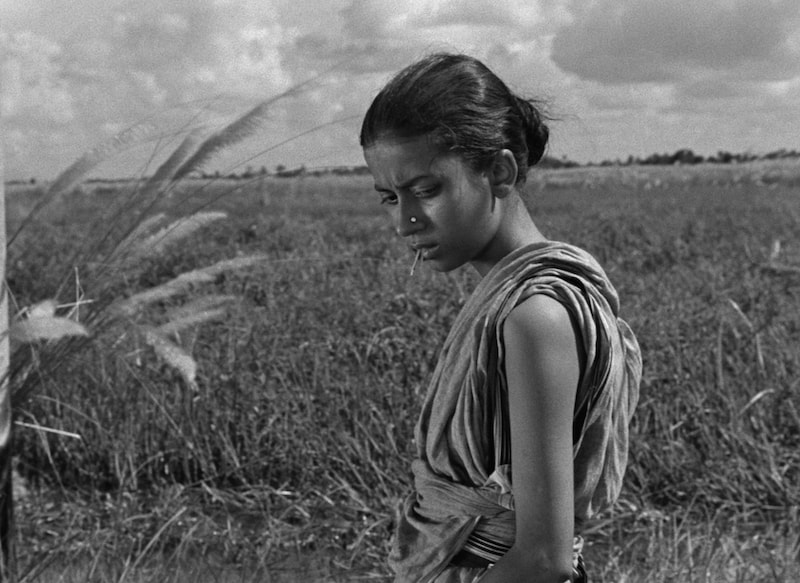Ringed by public housing projects, Richmond Community consists of little more than a strapped emergency room and a psychiatric ward. It does not have kidney or lung specialists, or a maternity ward. Its magnetic resonance imaging machine frequently breaks, and was out of service for seven weeks this summer, said two medical workers at the hospital, who requested anonymity because they still work there. Standard tools like an otoscope, a device used to inspect the ear canal, are often hard to come by.
Yet the hollowed-out hospital — owned by Bon Secours Mercy Health, one of the largest nonprofit health care chains in the country — has the highest profit margins of any hospital in Virginia, generating as much as $100 million a year, according to the hospital’s financial data.
This is from Katie Thomas and Jessica Silver-Greenberg, “How a Hospital Chain Used a Poor Neighborhood to Turn Huge Profits,” New York Times, September 24, 2022.
What’s the key to Bon Secours’ success? The U.S. government’s 340B program. It’s been well known for some time what a scam this program is. The two reporters explain:
When Bon Secours bought Richmond Community, the hospital served predominantly poor patients who were either uninsured or covered through Medicaid, which reimburses hospitals at lower rates than private insurance does. But Bon Secours turned the hospital’s poverty into an asset.
The organization seized on a federal program created in the 1990s to give a financial boost to nonprofit hospitals and clinics that serve low-income communities. The program, called 340B after the section of the federal law that authorized it, allows hospitals to buy drugs from manufacturers at a discount — roughly half the average sales price. The hospitals are then allowed to charge patients’ insurers a much higher price for the same drugs.
The theory behind the law was that nonprofit hospitals would invest the savings in their communities. But the 340B program came with few rules. Hospitals did not have to disclose how much money they made from sales of the discounted drugs. And they were not required to use the revenues to help the underserved patients who qualified them for the program in the first place.
That’s arbitrage, but not in a good way, backed by the federal government.
The authors note:
Thanks to 340B, Richmond Community Hospital can buy a vial of Keytruda, a cancer drug, at the discounted price of $3,444, according to an estimate by Sara Tabatabai, a former researcher at Memorial Sloan Kettering Cancer Center.
But the hospital charges the private insurer Blue Cross Blue Shield more than seven times that price — $25,425, according to a price list that hospitals are required to publish. That is nearly $22,000 profit on a single vial. Adults need two vials per treatment course.
Read the whole thing.
HT2 health economist John C. Goodman, who wrote the point up more briefly.
(0 COMMENTS)
Source link
















